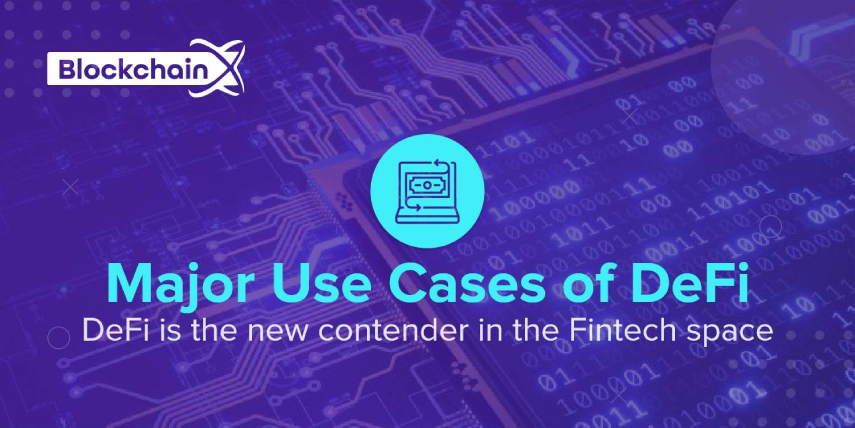
What is a DAO, and How does it relate to DAO in NFTs?
Spend any amount of time in the cryptoverse, and you will hear a lot about DAOs. From DAOs aiming to buy the US Constitution to NFT projects looking to encourage investment through DAO-led incentives, the influence and power of this nascent technology are only now being realized.
A DAO is an acronym for "Decentralized Autonomous Organization." They are available as smart contracts on various blockchains and allow individuals to collaborate and pool capital. DAOs are used to manage and secure blockchains autonomously, acquire assets such as NFTs, and borrow and lend cryptocurrencies. While familiarity with DAOs and their operation takes time and interaction, you can get a head start by learning how they work and how the crypto space is currently utilizing them. In this article, we will look at what a DAO is, why they exist, and where they are supposed to go ?
What is the DAO?
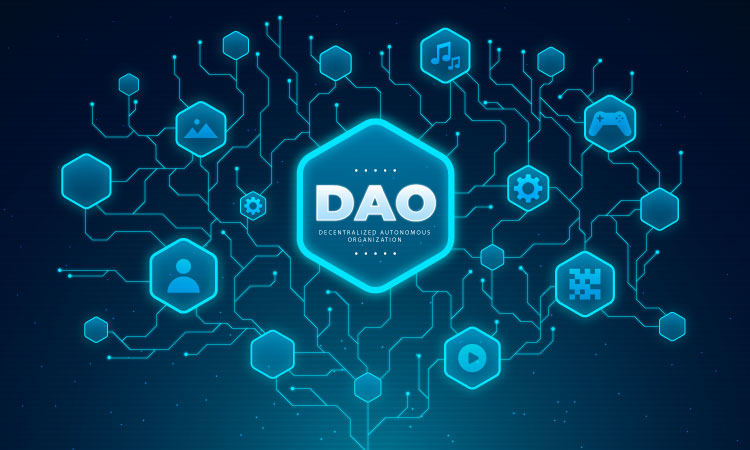
A DAO is a decentralized autonomous organization. It is a type of governance system that is enabled by smart contracts and blockchain technology. Blockchains are based on decentralization, which means they are not controlled by a single central authority, like a government. As a result, a DAO establishes an organization run by a group of people with no typical company hierarchy. The group makes its own rules and makes decisions based on smart contracts on a blockchain. The blockchain is used to record all rules and transactions, obviating the need for a central entity.
DAO, in fact, operates as a company without an executive board. It is similar to a company that works autonomously and without leadership. Here, a group of people with similar interests come together to work toward a common goal, and as a result, a bottom-up approach is used to manage the company and make operational decisions through voting. Voting in the DAO is based on asset ownership, or tokens. You can see how tokens impact the digital world now: members vote based on the tokens they own. The DAO is a decentralized community with no hierarchy that makes decisions with tokens.
How Does a DAO Function?

The DAO is based on smart contracts, which execute automatically if certain conditions are met. These smart contracts represent the organization's rules, which are determined through voting. A DAO can also send and receive funds without the use of a human intermediary.
The voting system is based on purchasing DAO tokens, which are typically purchased with Ethereum; members can vote on rules and directly influence company changes through smart contracts. This horizontal, transparent organizational structure comes from the critical role of voting through the participation of members, mainly in each DAO's Discord.
How are DAOs and NFTs related?
To put it simply, a DAO is a way to control the communities related to an NFT, and an NFT is a digital asset. It is already known that both NFT and DAO place a strong emphasis on ownership; whereas NFT gives creators ownership, DAO offers governance. A work of art, music, or other content is uploaded to the blockchain by NFT creators. The blockchain assures the unique ownership of buyers in addition to the security and authenticity of the digital assets.
NFTs decentralized community governance is assisted by the DAO. For a powerful decentralized media that offers investments on the Internet, DAO in NFT could be combined. The NFT creator is the owner, and the DAO token holder is the operator.
NFT creators collaborate using the DAO. Generally speaking, they were divided into one of two categories: individual or collective. Popular artists like Grimes cast, mine, and sell their NFT individually. While they already have followers, the newly promoted artists, on the other hand, require a collective unit. This collective unit is managed by the DAO in order to crowdfund, invest, support, market, and ultimately pay the holders of the collective tokens.
The DAO is crucial to a collection because as an NFT is created by the artist, it is sold to the DAO, which mines its token and converts it into an NFT. The NFT then accepts the issued tokens as collateral. Tokens are valuable if NFT is. As a result, through a liquidity event, the DAO can sell NFT to stakeholders. The systems ensure that over time, tokens gain value.
Prominent NFT DAOs
APE DAO

APE DAO was founded by Kylo.eth, a collector of bored apes. To launch the NFT DAO in June 2021, 49 BAYC NFTs and a female CryptoPunk were fractionalized into 1,000,000 APED tokens, allowing anyone to own parts of these highly sought-after NFTs. The tokens sold out in just four days, demonstrating the DAO's success. Later, members of this DAO donated even more NFTs, such as CyberKongz, Avastar, Punk's Comic, and so on. Furthermore, the DAO is governed by the community through $APED shards.
Pleasr DAO
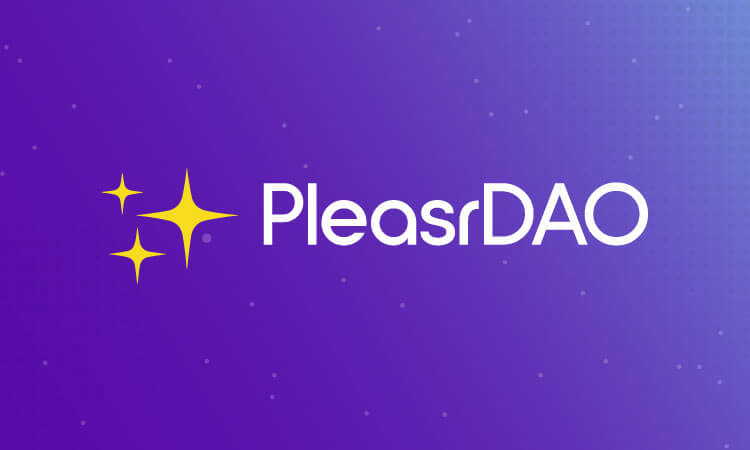
Pleasr DAO was founded as an NFT DAO to collect funds for the purchase of high-value NFTs. Members of the Pleasr DAO share the total costs and ownership of digital assets. Pleasr DAO was previously formed to collectively purchase Uniswap V3 NFT artwork, titled "x-y-k," designed by @pplpleasr1, to commemorate the upcoming update of the most popular DEX-Uniswap. To further its mission, the Pleasr DAO is still used to buy and commission NFT artwork, invest in decentralized finance, and run an incubator. Pleasr DAO's current goals include expanding collections, incubating new cryptocurrency products and artists, and investing angels in the cryptocurrency market.
YGG DAO
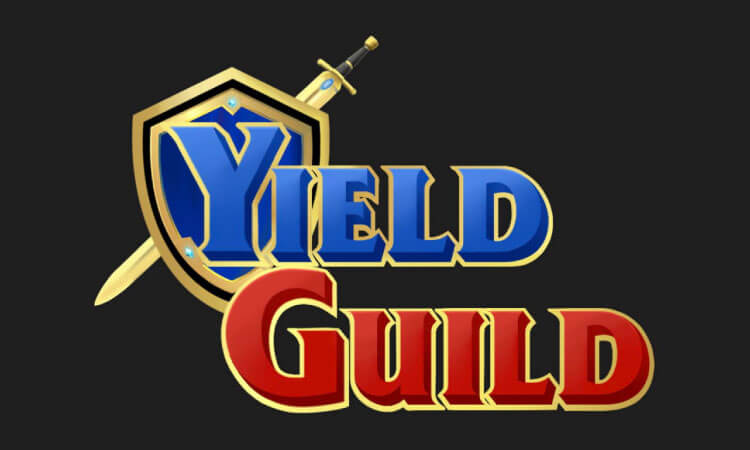
YGG DAO is primarily concerned with in-game assets from blockchain and NFT games. Yield Guild's in-game assets are currently managed by three co-founders. YGG also issues the "YGG token" to members. Token holders have the ability to vote on "decisions related to the guild's business and governance" as well as participate in DAO-related activities.
YGG primarily focuses on Axie Infinity's "game money" concept, which allows players all over the world to play games, defeat opponents, and earn money. YGG considers the benefits of NFT games over art pieces.
Jenny Metaverse DAO
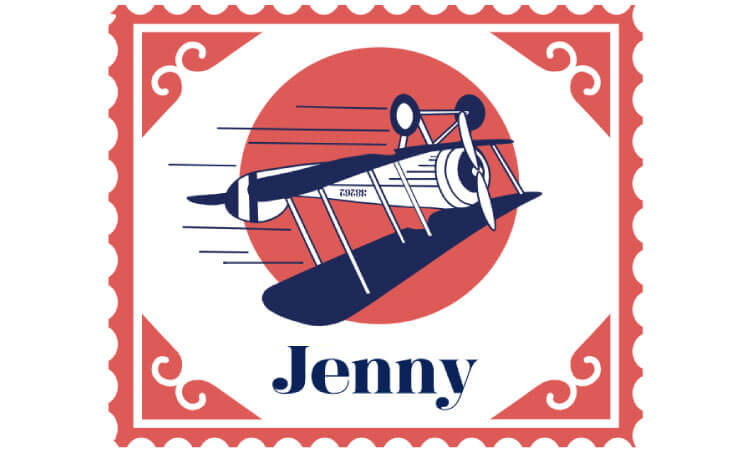
Jenny Metaverse DAO has been set up on the Unicly platform. It purchases NFTs and keeps them in a vault. As a result, the NFTs are represented by the native uJENNY token. uJENNY token holders gain governance rights and can vote on decisions such as releasing NFTs from the vault, acquiring NFTs, and any other necessary changes.
Why Should Businesses Be Concerned About NFTs and DAOs?
Non-fungible tokens (NFTs) and decentralized autonomous organizations (DAOs) will ruin the entire business world. The ultimate strength of NFTs and DAOs lies in the smart contracts that are built into them. Businesses can eliminate a lot of red tape by utilizing smart contracts. Smart contracts are based on triggers and actions, such as "if this, then that." In other words, if this trigger occurs, this action occurs.
These smart contracts, however, can benefit more than just large corporations. Smaller businesses could also save time and money by removing middlemen, red tape, escrow fees, and agents. If the work is completed, the funds are transferred into their wallet without the need for someone to review and approve an invoice or for banks to process their fees.
You can code your NFT's smart contract to automatically send a percentage of the proceeds to your DAO whenever the NFTs are sold. Depending on the other smart contracts in place, these funds can help it achieve its mission, one of the goals on its roadmap, or launch a new project.
However, not every business will need to consider NFTs or DAOs. They might not be applicable to your business model at all. Before you dive in, consider what a DAO would do for your industry, as well as your vision or mission for what that DAO would accomplish.
Sum up
DAOs have been around for a while and have a wide range of interesting applications. They can be a useful tool in assisting the growth of existing and emerging NFT projects in the NFT space. As the NFT space expands, we can expect to see more projects incorporating DAOs.





